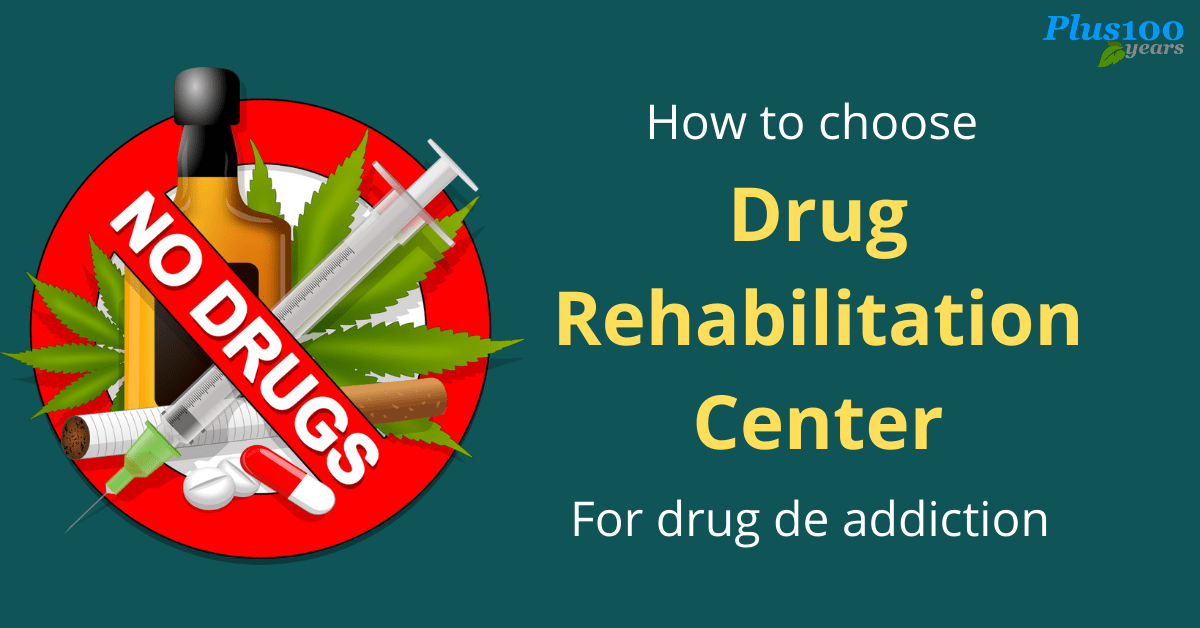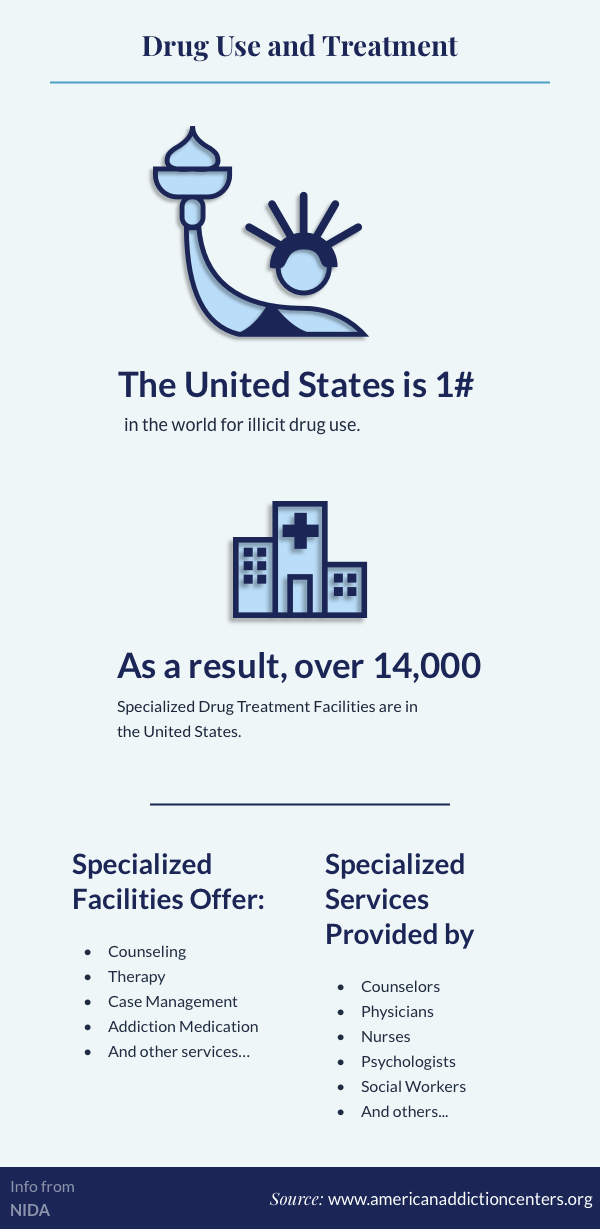The Only Guide for Drug Rehabilitation
Getting The Drug Rehabilitation To Work
Table of ContentsExcitement About Drug RehabilitationThe Main Principles Of Drug Rehabilitation See This Report on Drug RehabilitationDrug Rehabilitation Can Be Fun For EveryoneDrug Rehabilitation Things To Know Before You Buy
This includes dealing with the entire person to guarantee that all of the underlying reasons and results of the addiction are effectively cared for and remedied. This gives people the devices they require for a complete return to a pleased, healthy and balanced, substance-free life. Medicine dependency "therapy" is a little bit of a misleading term it indicates that people with dependencies are "all far better" after they have actually gotten some kind of therapy.Also individuals with years of successful healing have to remain mindful of their potential for relapse, and they should utilize the tools they found out in treatment to stop it. The word "recovery" additionally indicates that someone is being fixed after being mischievous, which follows culture's stigma concerning dependency. Drug Rehabilitation. Component of the recuperation process is for people with dependencies, and their family members, to discover that dependency is a matter of biology and not principles
Nevertheless, transitioning from physical and psychological dependency to a healthy and balanced and satisfied lifestyle is a big adjustment. It is very important that the actions to drug recovery be effectively attended to during the medicine rehabilitation procedure. There are 4 stages of addiction healing: Addiction evaluation is an especially critical part of the rehab procedure.
This belongs to the underlying psychology of addiction, and it strengthened by worries of arrest for ownership and judgment from family members and buddies. The analysis process calls for obtaining trust and appearing that secretive nature. The specific requirements to identify which materials were utilized and the degree of their material use.
Drug Rehabilitation Fundamentals Explained

For many people with dependencies, fear of withdrawal is a major barrier to escaping their dependency, and that concern keeps them from even attempting. Withdrawal and medication detox do not have to be a dreadful experience.
For many people with substance dependency, their material usage is no longer concerning getting high. Drug rehabilitation is the procedure where the deep concerns around the addiction are determined and resolved.
Facts About Drug Rehabilitation Revealed
Instead, it can be said that rehab is the procedure of discovery, while what occurs later is recovery. The addicted mind often starts to believe specifically after a period of time in abstinence that it is alright to attempt drinking or utilizing compounds once again. This rarely functions, and the large bulk of individuals who attempt drinking or using drugs once more will quickly finish up where they were previously.

This is a poor combination, as it pushes many individuals to think that they can visit this page stop using blog here drugs or drinking by themselves. Because of this, they may be unwilling to see and confess that they call for a higher level of care, such as inpatient rehabilitation. Detoxification from a compound is not the like therapy for substance addiction.
Some Ideas on Drug Rehabilitation You Need To Know
During the procedure of medication detox, people's minds are jumbled and they really feel literally and mentally sick. They are not responsive to any sort of counseling or treatment until their minds clear and they are feeling better. Even though clinical detox makes the procedure much easier, it is best to initial focus on surviving the whole detoxification process Continued before taking further actions.
Like inpatient treatment, residential treatment uses the restorative result of removing people from their inefficient way of life and setting and putting them in secure, healthy environments. This allows them to reorient their lives and assumed processes while concentrating on distraction-free recovery. Residential rehab differs from inpatient rehabilitation (Drug Rehabilitation) because it is performed in a center beyond the health center system and generally includes a much longer stay.
A partial hospitalization program is halfway in between inpatient and outpatient therapy. Individuals receive therapeutic solutions on-site throughout the day, however go home or to a sober living center during the night. This program is ideal for people that have a high assumption of success as well as the ability and insight to be extra self-directed in their regimen.

The 10-Minute Rule for Drug Rehabilitation
Lasting household treatment programs commonly utilize a restorative approach referred to as the healing neighborhood (TC). This is a method to re-socializing people whose dependency has seriously affected their capability to suit society. These include individuals with major criminal habits, individuals that are homeless, teenagers and individuals with serious mental health problems.